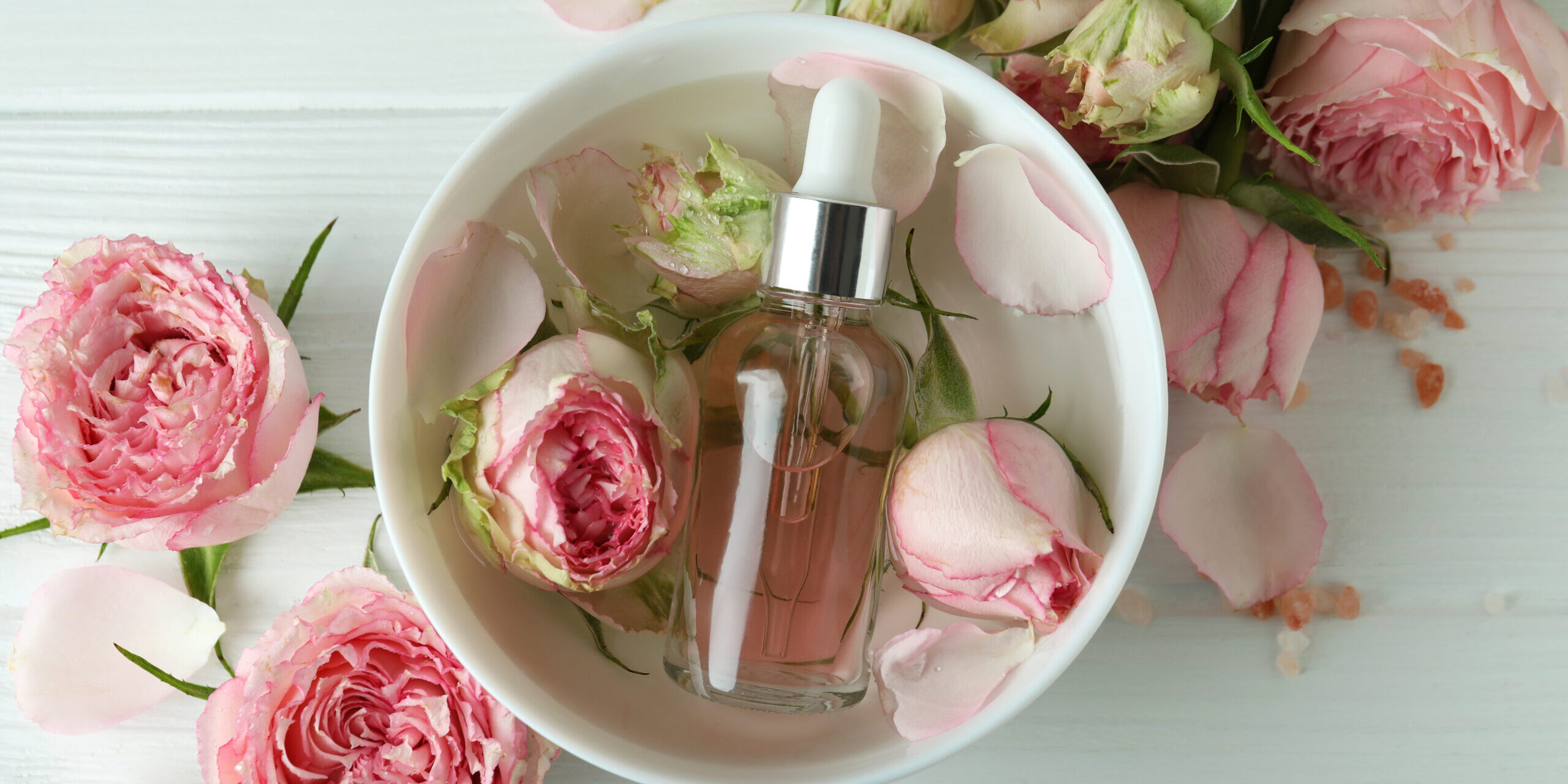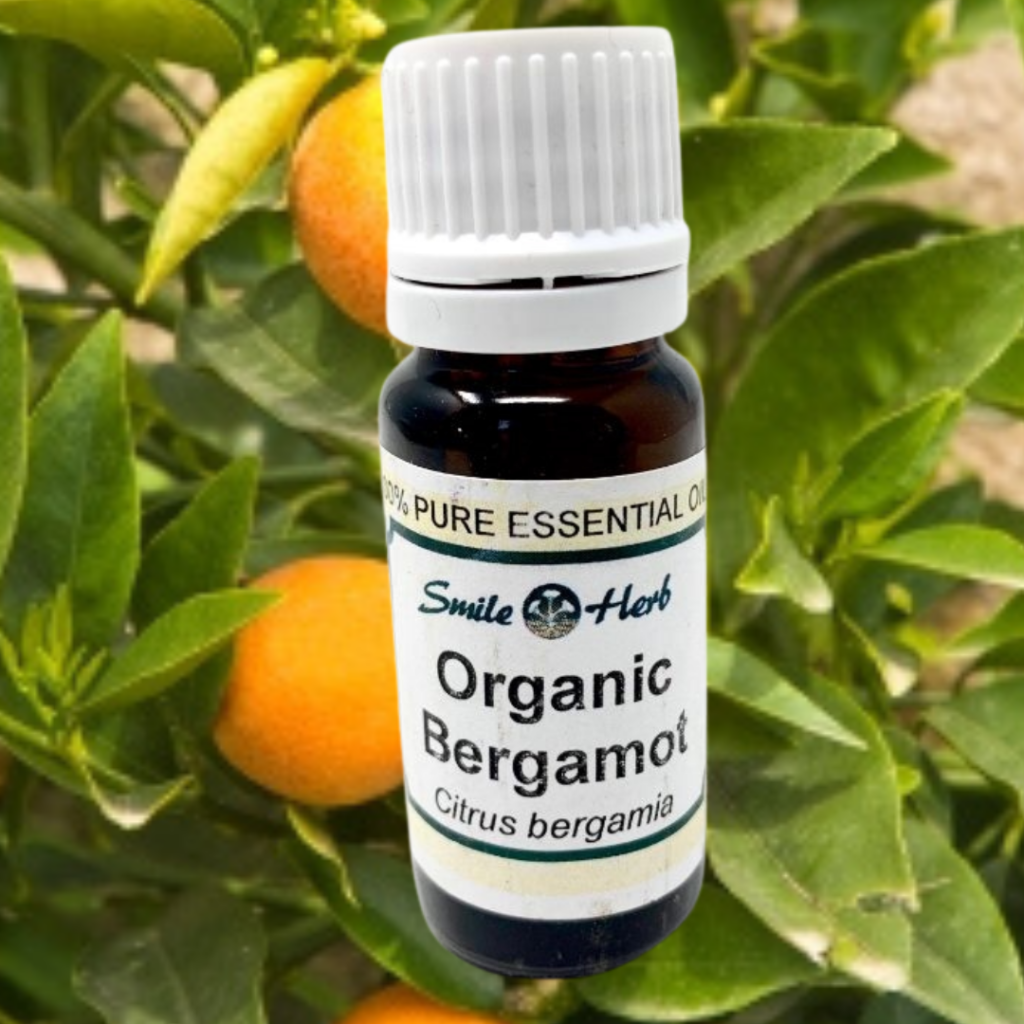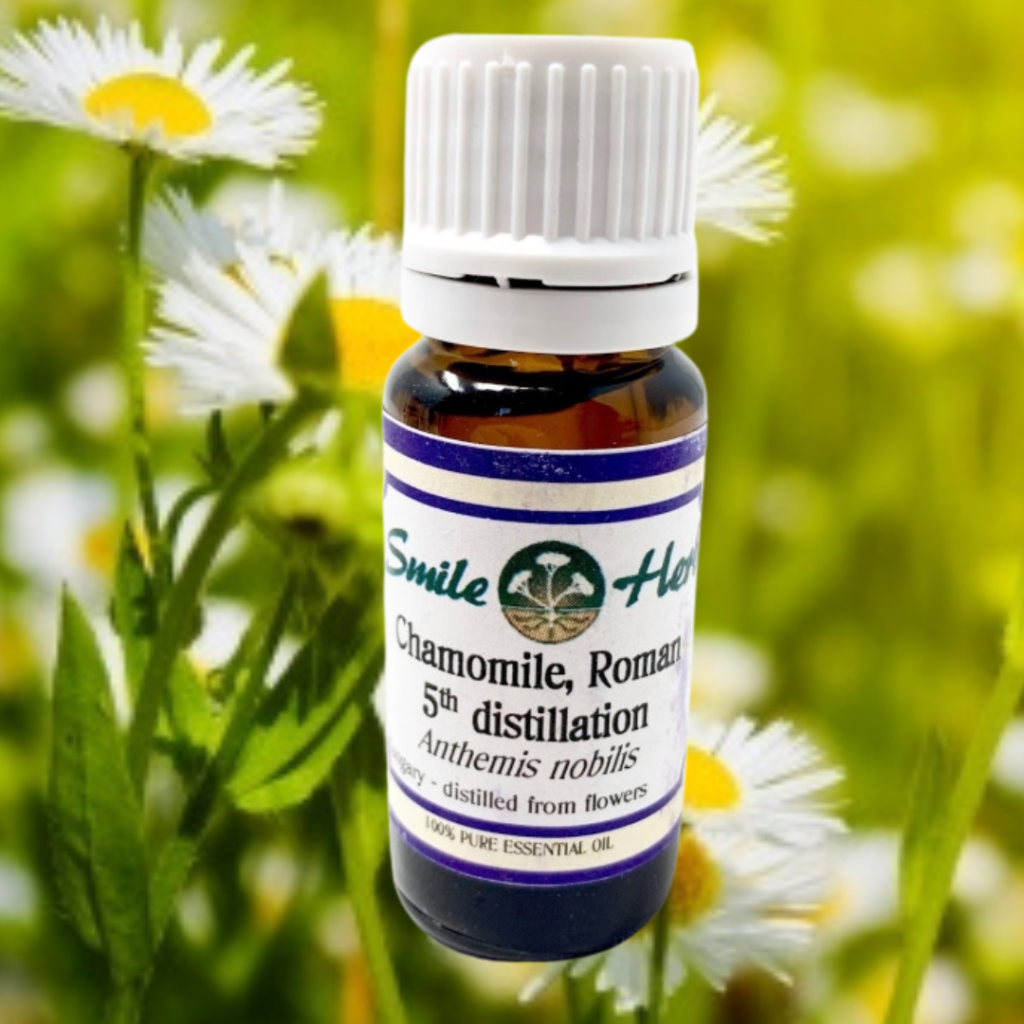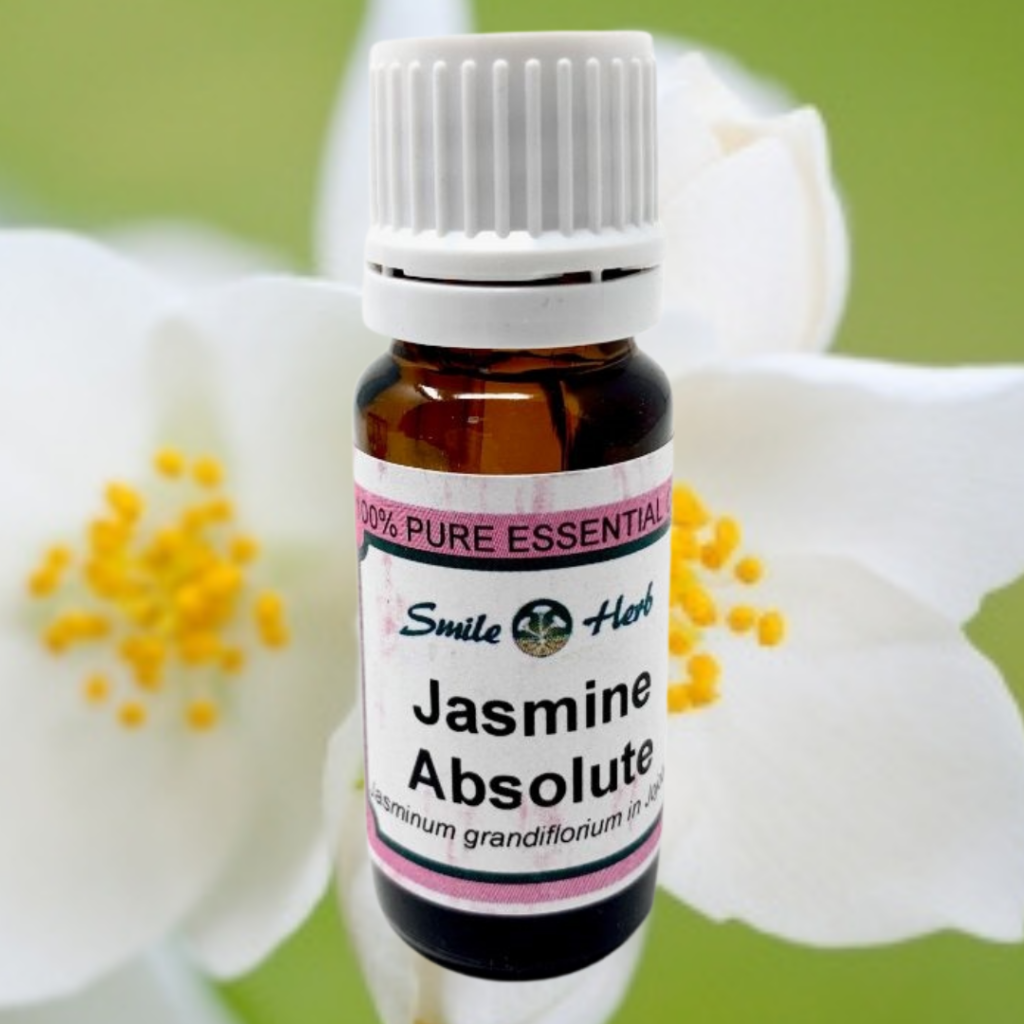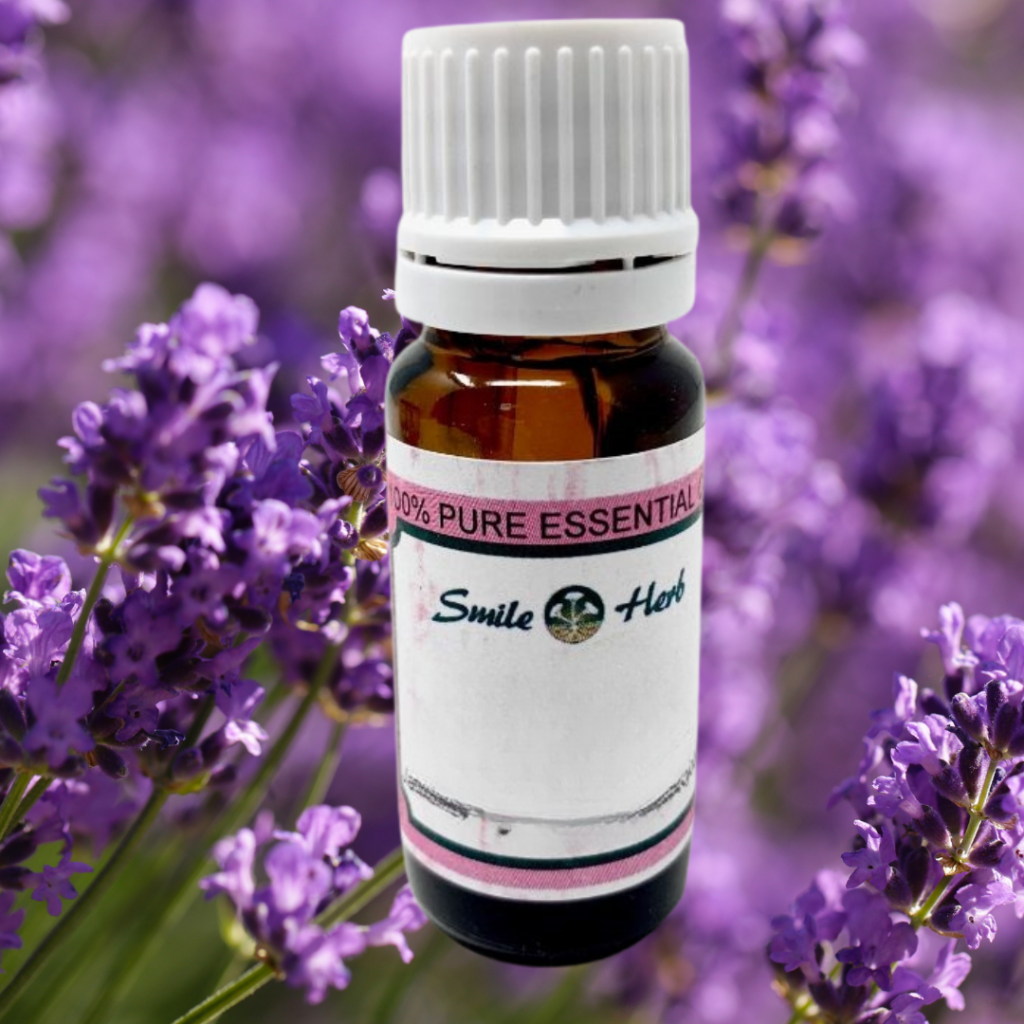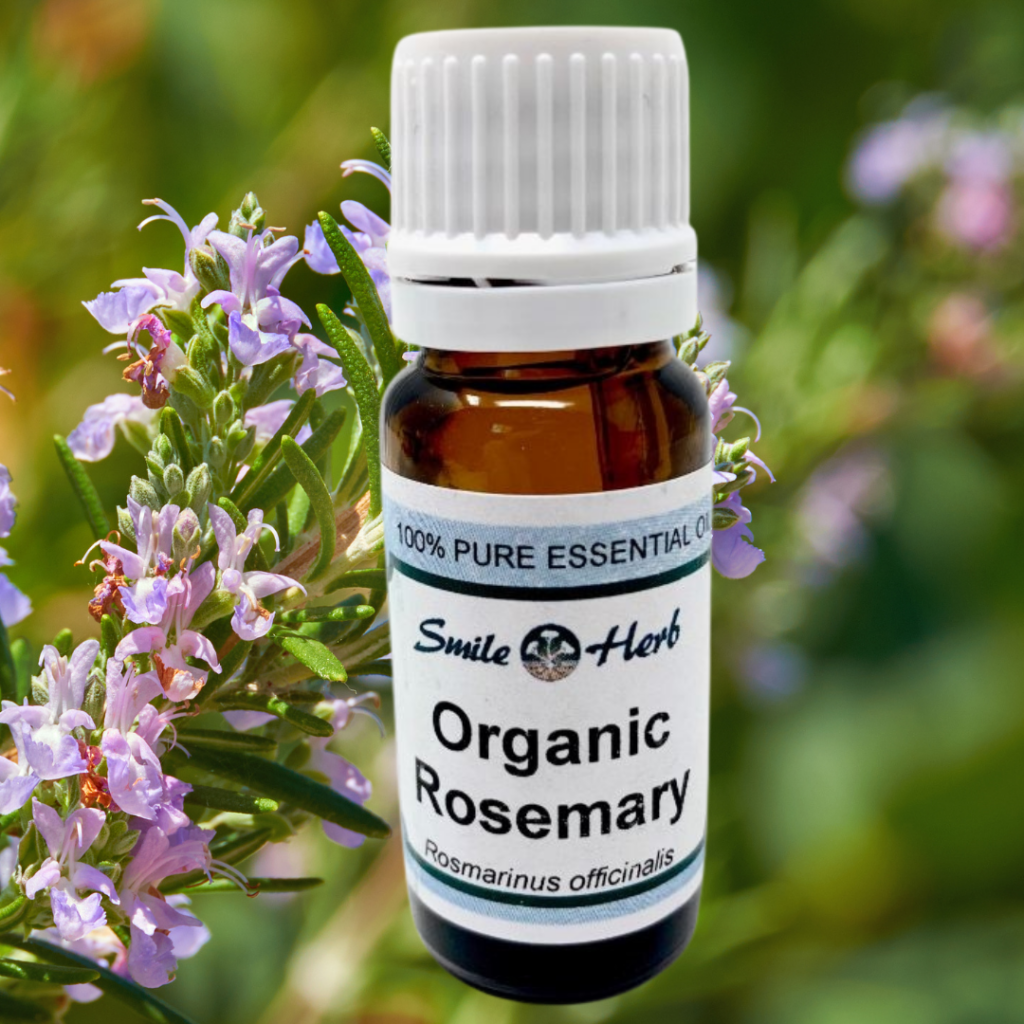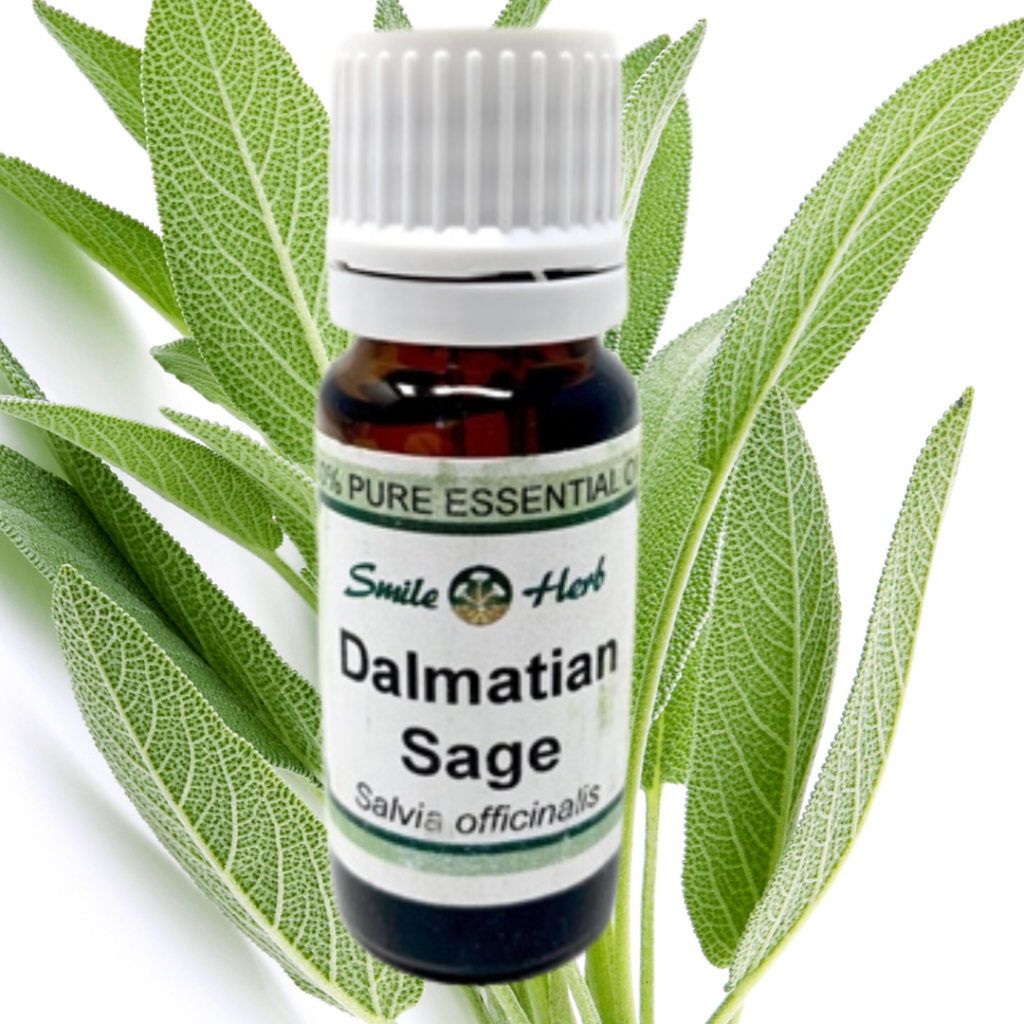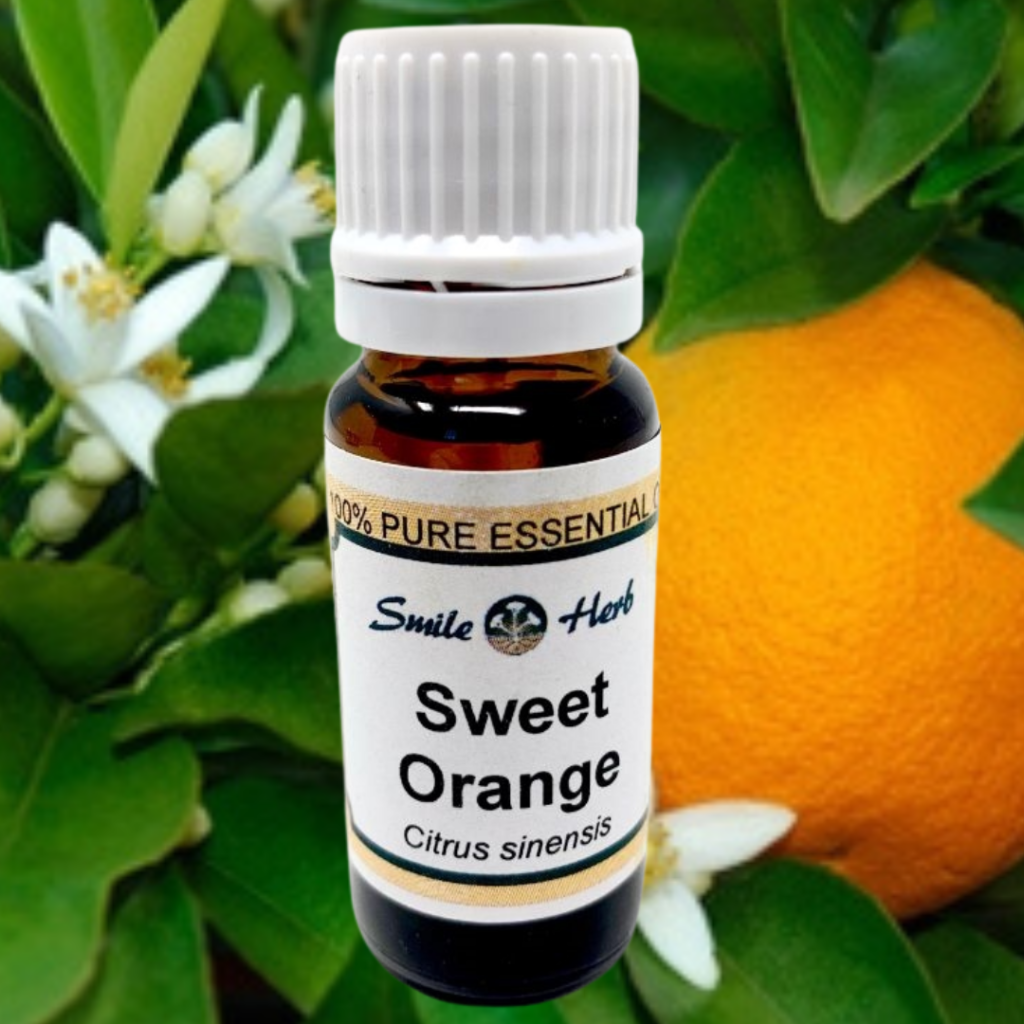By: Meredith Morckel

Wintertime means less daylight, colder temperatures, and holiday celebrations. It’s a time of joy for many. For others, it’s a season of stress and sadness.
If you feel “down” sometimes and sleep and eat a little more than usual, you may be experiencing the “winter blues.” This is common, and not alarming.
If you’re sad every day, still feel tired even though you sleep a lot, struggle with concentration, gain weight, lose interest in your normal activities, and feel worthless and/or hopeless, you may be living with seasonal affective disorder (SAD).

If you’re enduring the symptoms of SAD, also known as seasonal depression or winter depression, you need professional help. But can seasonal affective disorder be cured? Traditionally, seasonal affective disorder is treated with talk therapy, medications, and light therapy. Extra self-care like exercising, getting outside, and keeping a sleep routine can also improve your symptoms.
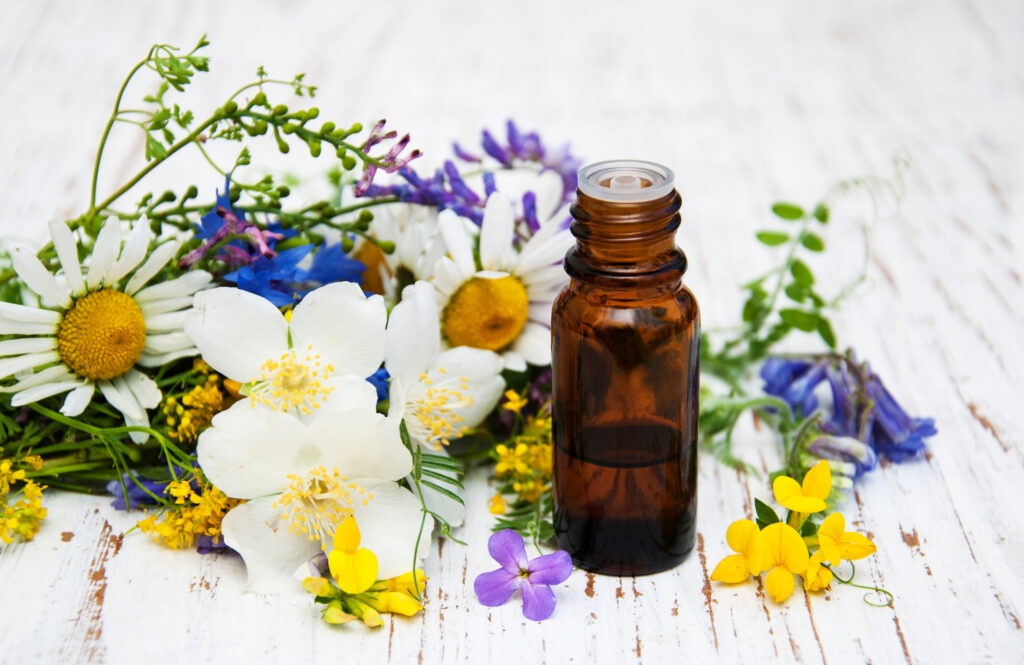
What else help can help you manage SAD symptoms? Essential Oils!
Herbalists extract oils from certain plants – from their flowers, leaves, barks, stems, and/or roots. You can smell these essential oils, massage them into your skin, or put a few drops in your bathwater.
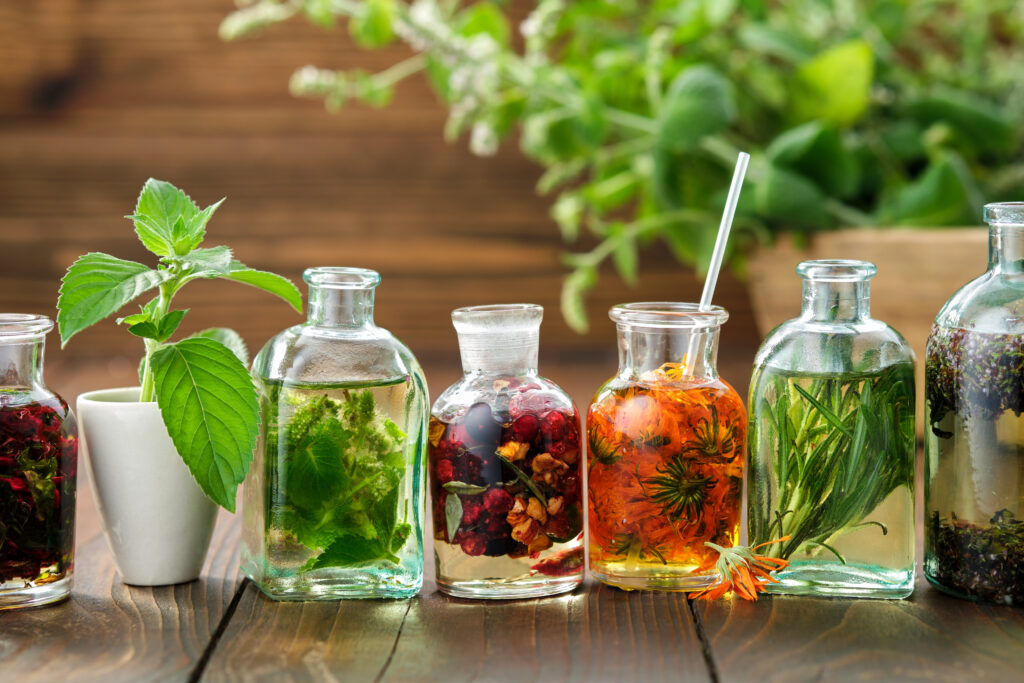
What essential oils are good
for depression?
Remember: Essential oils can’t cure seasonal affective disorder, but research suggests that they’re an effective addition to therapy and medications.

#1: Lavender
Smile Herb Herbalists use lavender for themselves, and recommend it to family, friends, and customers!
Research studies reveal that lavender essential oil may help by:
- Improving your sleep cycle (when inhaled).
- Increasing your calmness.
- Relaxing your breathing.
- Reducing your stress.
- Encouraging a positive mood.
You can blend lavender with other helpful essential oils: chamomile and rosemary!
#2 Chamomile
Oil from this flower may help by:
- Lowering stress.
- Decreasing anxiety.
- Reducing depression.
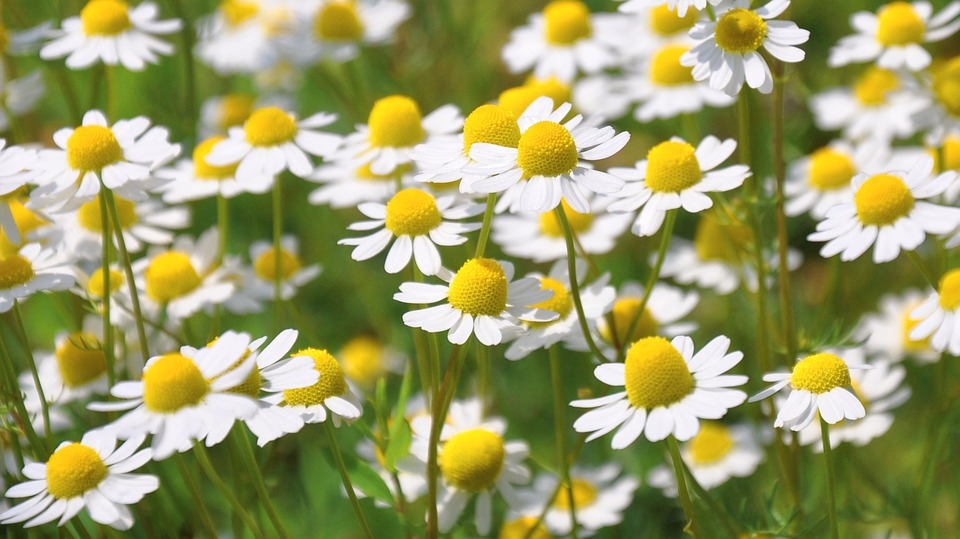
Mix it with lavender for a delightful smell and help with the issues listed above.
#3 Orange
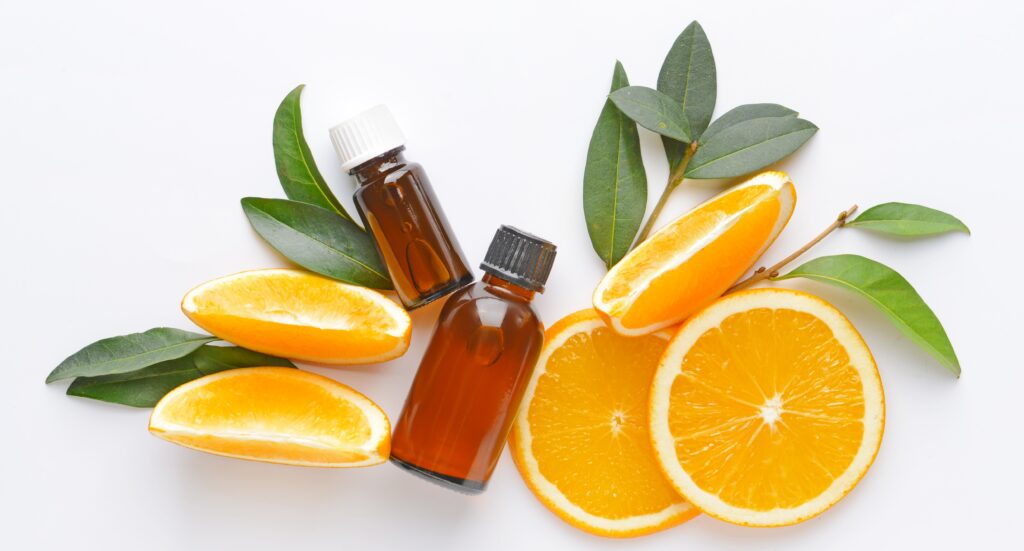
The citrus smell may help with:
- Improving mood.
- Lessening anxiety.
- Easing stress.
Combine them with jasmine for a unique scent!
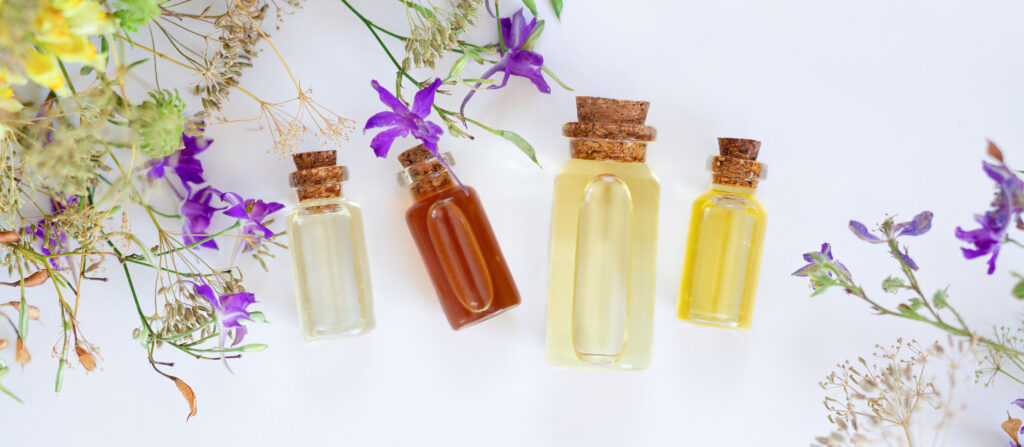
What does the science say?
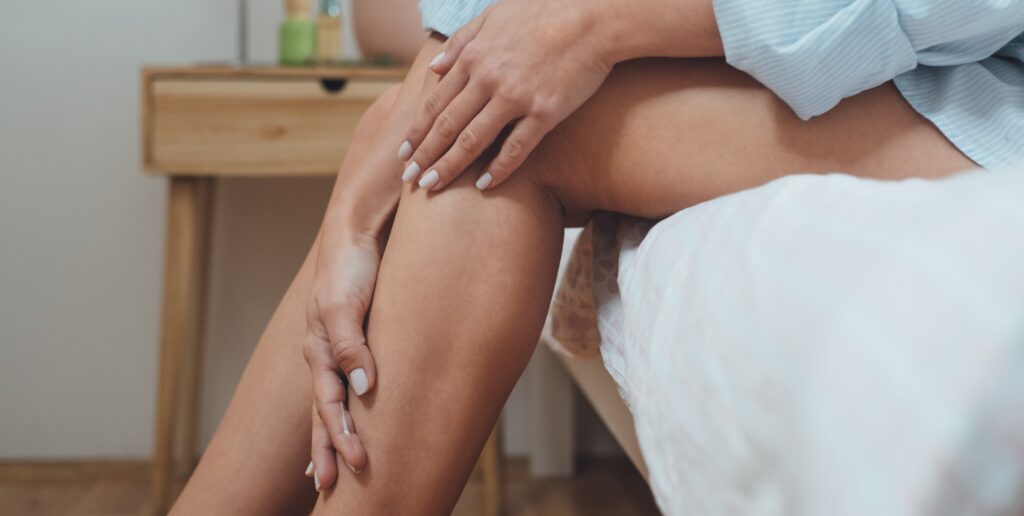
Medical researchers continue to experiment with essential oils. Recent studies reached three fascinating conclusions:
- Inhaling recommended essential oils can help with symptoms of seasonal affective disorder, but aromatherapy massage is even more effective!
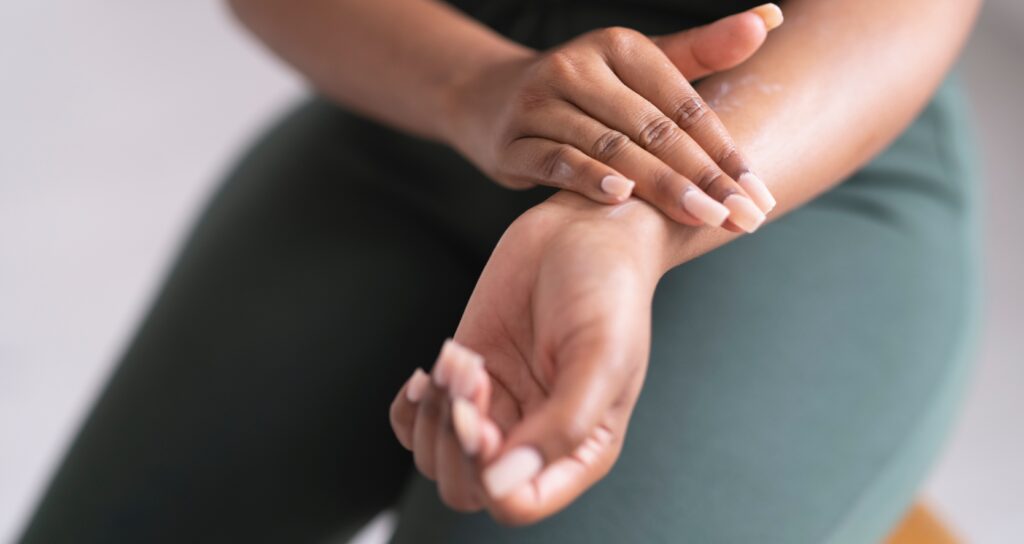
Note that if you choose to massage an essential oil into your skin, first dilute it in a carrier oil, such as almond oil, jojoba oil, etc. You can also see a professional aromatherapist or massage specialist.
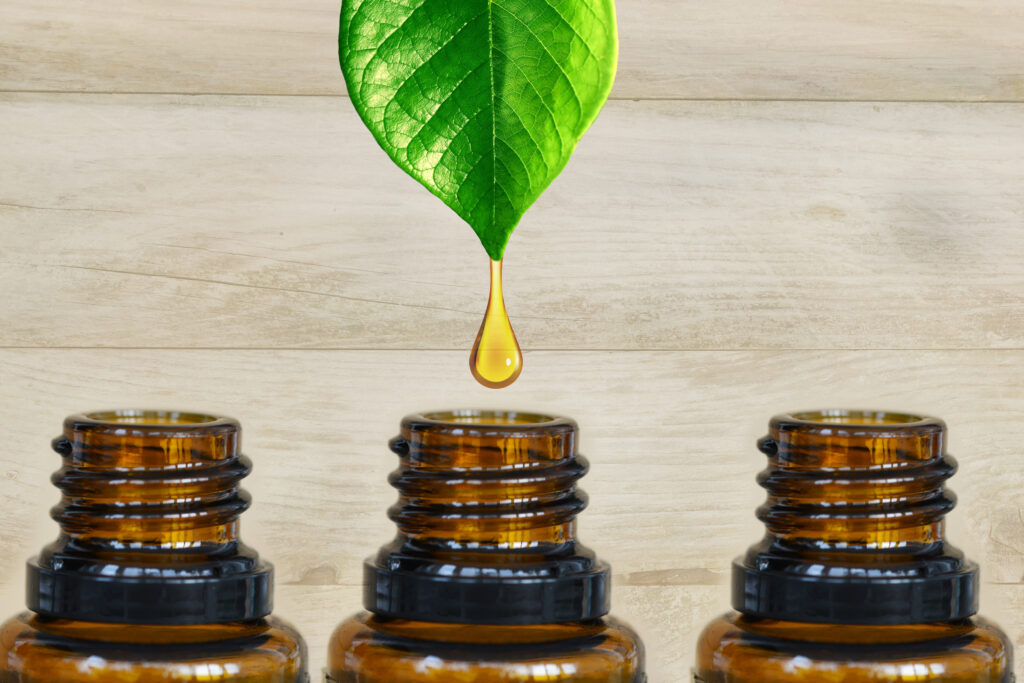
2. Essential oils may impact your nervous system (your brain, spinal cord, nerves). Chemicals in the oils may give the limbic system of the brain special instructions about behavior, emotions, and mood.
3. If you lose your ability to smell (anosmia), inhaling lavender could still help (especially with anxiety)!
When does SAD end?
SAD (seasonal affective disorder), like other types of depression, is unpredictable.
No one can say that your symptoms will end on an exact date, or even a specific month. In the meantime, you can do your best to help yourself, to improve your symptoms. Essential oils can be a vital tool for recovery!

Ease your stress, boost your mood, and improve your sleep. Get your essential oils (and your smile!) from Smile Herb today!

SmileHerb.com Essential Oils for Sale
Sources:
1. Essential Oils and Health
2. The Effectiveness of Aromatherapy for Depressive Symptoms: A Systematic Review
3. Therapeutic Effect and Mechanisms of Essential Oils in Mood Disorders: Interaction between the Nervous and Respiratory Systems
4. A pilot study on essential oil aroma stimulation for enhancing slow-wave EEG in sleeping brain
5. Can essential oils treat depression?
6. Seasonal affective disorder (SAD)

